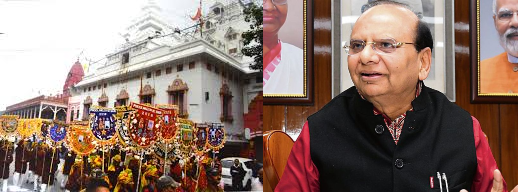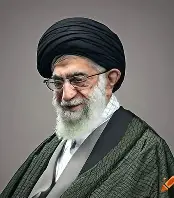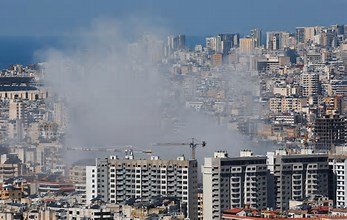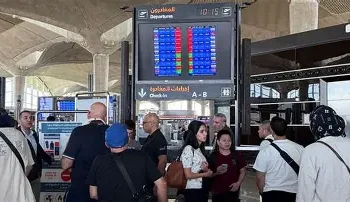Known for personally attending the Phool Walon Ki Sair every year, LG Saxena emphasized that cultural heritage and ecological balance can coexist. He ordered conditional permission ensuring no environmental harm while allowing the Anjuman Sair-e-Gul Faroshan to host the festival at its traditional venue in Mehrauli—home to both the Khwaja Kaki Dargah and Yogmaya Temple.
By PC Bureau
New Delhi | November 9, 2025: In a decisive move underscoring both administrative responsiveness and the protection of Delhi’s cultural heritage, Lieutenant Governor V.K. Saxena has intervened to ensure that the historic Phool Walon Ki Sair—a centuries-old symbol of Delhi’s syncretic tradition—is held this year. Following his direction, the Delhi Development Authority (DDA) has granted permission to the Anjuman Sair-e-Gul Faroshan to organize the festival at its original venue in the Mehrauli area.
Sources confirmed that the permission had been kept pending for months, reportedly due to an order issued on November 28, 2023, by the then AAP-led Delhi Government’s Department of Forests and Environment, which prohibited the organization of such festivals within the Southern Ridge area, citing environmental restrictions.
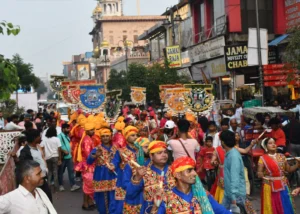
When reports surfaced earlier this week that the festival might not take place due to the DDA’s inaction, the LG is said to have taken “a very serious view” of the matter and ordered an immediate review. Upon examination, officials found that while the DDA had routinely granted permission for the event in previous years—including 2024—the 2023 environmental order had created confusion among departments. This time, organizers insisted on a formal written clearance, prompting the delay until Saxena’s intervention broke the impasse.
READ: After ED’s Crackdown, Shikhar Dhawan Joins Padyatra for ‘Hindu Rashtra’
READ: Two Most-Wanted Indian Gangsters Nabbed in USA, Georgia
A Balancing Act Between Ecology and Culture
After reviewing the case, the DDA granted conditional permission to ensure that no harm is caused to the surrounding ecology. Officials emphasized that the decision seeks to “balance environmental protection with the preservation of Delhi’s composite cultural heritage.”
For centuries, Phool Walon Ki Sair—literally “Procession of the Flower Sellers”—has been celebrated in Mehrauli as a symbol of communal harmony, where floral offerings are made at both the Dargah of Khwaja Bakhtiyar Kaki and the Mata Yogmaya Temple. The festival dates back to the Mughal era, reportedly initiated during the reign of Emperor Akbar Shah II in the early 19th century, and has since been supported by successive governments as a unifying cultural tradition.
LG’s Rebuke to Bureaucratic Apathy
Expressing dissatisfaction over the bureaucratic delay, Saxena warned officials against unresponsive and apathetic attitudes toward public and cultural matters. He has directed that disciplinary action be initiated against officers responsible for the oversight, reiterating that “any official found acting in deterrence to public interest will face consequences as per laid down provisions.”
The LG has personally attended the event over the past three years, walking alongside both Hindu and Muslim devotees, underscoring Delhi’s ethos of “Ganga-Jamuni tehzeeb.” His office described the festival as “a living embodiment of Delhi’s spiritual and cultural inclusivity.”
Festival Postponed to Early 2026
After receiving written permission, the organizers informed the DDA that they would now plan to hold the Phool Walon Ki Sair in February–March 2026, citing logistical and weather considerations.
While the immediate crisis has been averted, the episode once again highlights the tension between heritage preservation and environmental regulation in the capital—a balancing act that requires sensitivity, not red tape. As Delhi prepares to witness its beloved festival once more, the LG’s action has reaffirmed that safeguarding the city’s traditions can go hand in hand with protecting its natural heritage.



